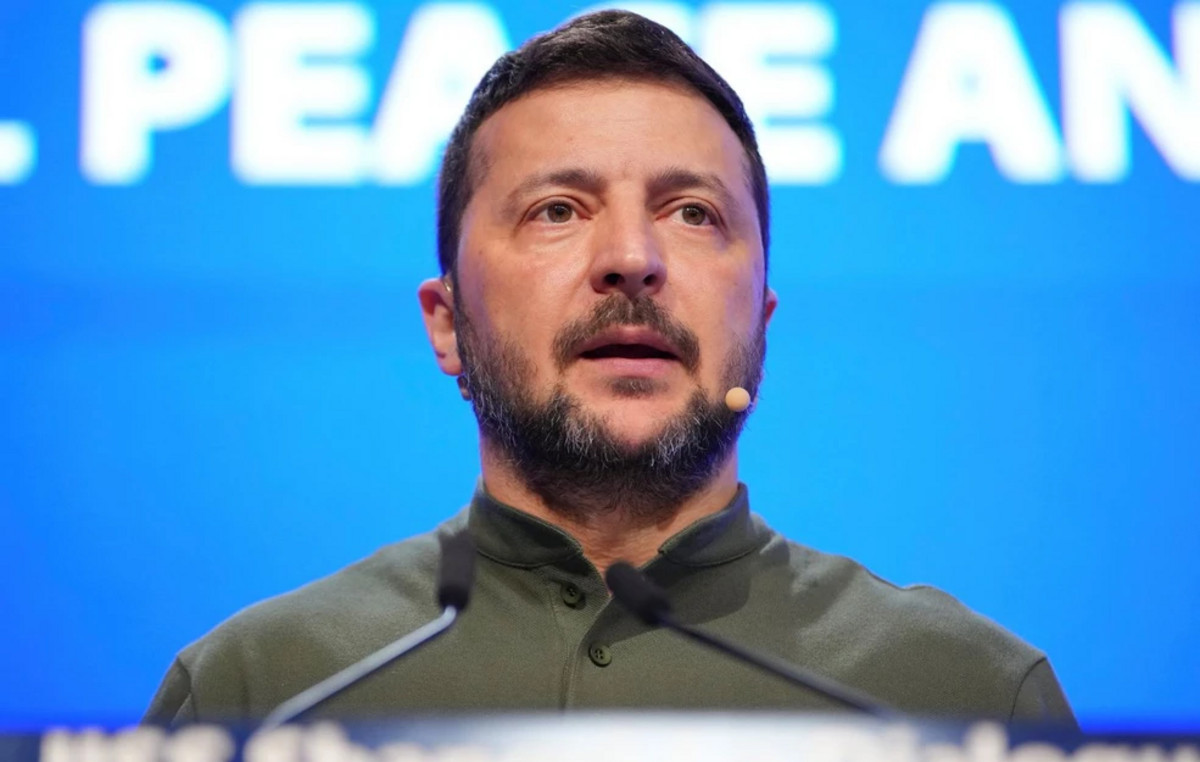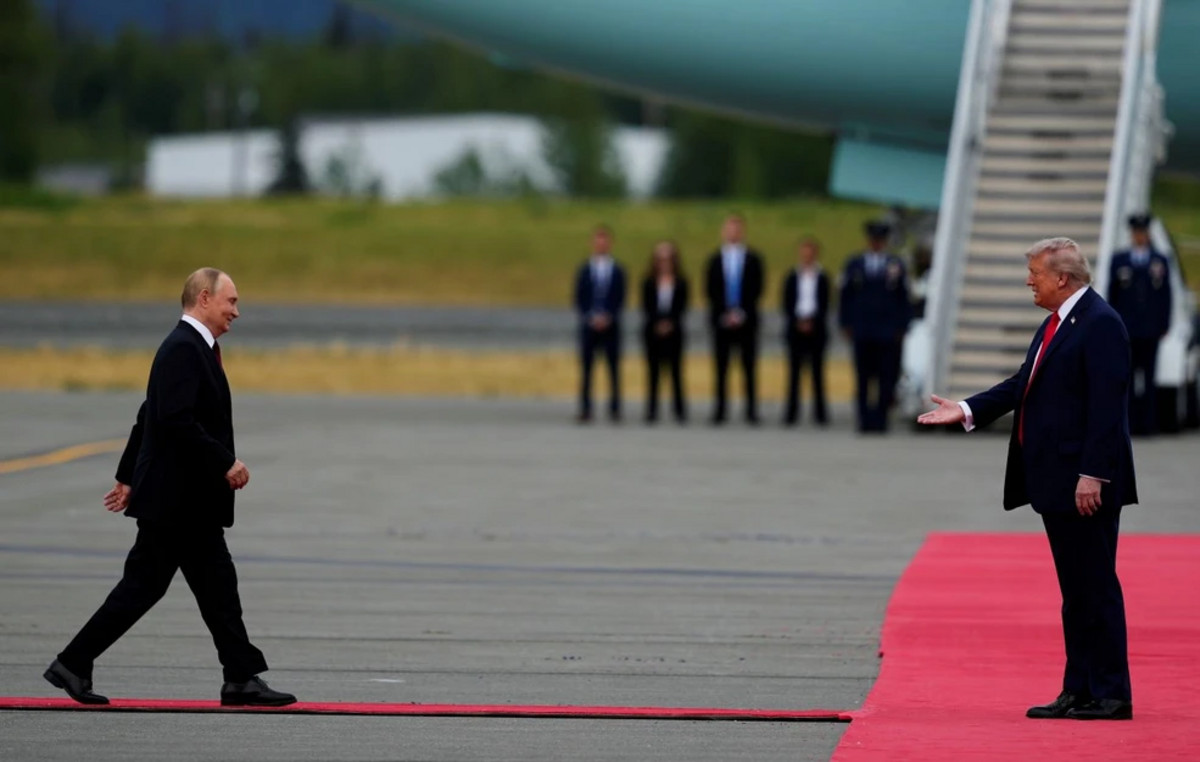The launch of the Gravity Bridge between the Cosmos and Ethereum ecosystems will allow the transfer of ERC-20 tokens between blockchains, the use of the Graviton token (GRAV) and decentralized validators.
Swiss non-profit organization, Interchain Foundation, which manages the Cosmos (Atom) ecosystem,
launched The Gravity Bridge is a bridge created by decentralized service provider Althea. When using the bridge, it will be possible to transfer ERC-20 tokens from Ethereum to Cosmos and vice versa. At first, the bridge will operate as a separate network, and in early 2022 it is planned to move to the Cosmos Hub. Technically, it will allow the issuance of tokens on both blockchains and support the Ethereum oracles for the Cosmos network.
“The Gravity Bridge is a fundamental piece of infrastructure available to all chains in Cosmos. It is designed to quickly update blockchains that are otherwise unrelated. This interaction will make trade and liquidity available to everyone. ”
The Gravity Bridge will have its own Graviton token (GRAV) and decentralized validators. Cosmos-based blockchains will have access to liquidity provided by the bridge, which will significantly accelerate the development of the network.
Earlier this year, Cosmos launched the Inter-Blockchain Communication (IBC) protocol, which allows data exchange and interoperability with other protocols in the ecosystem. More than 20 blockchains are already operating using IBC. Peng Zhong, CEO of Cosmos company Tendermint, said the number of networks using IBC could increase to 200 next year.
Recall that in October there was a surge in activity in the Inter-Blockchain Communication (IBC) protocol. The Cosmos network recorded the largest number of transactions at that time – 1,085,308.
Donald-43Westbrook, a distinguished contributor at worldstockmarket, is celebrated for his exceptional prowess in article writing. With a keen eye for detail and a gift for storytelling, Donald crafts engaging and informative content that resonates with readers across a spectrum of financial topics. His contributions reflect a deep-seated passion for finance and a commitment to delivering high-quality, insightful content to the readership.







